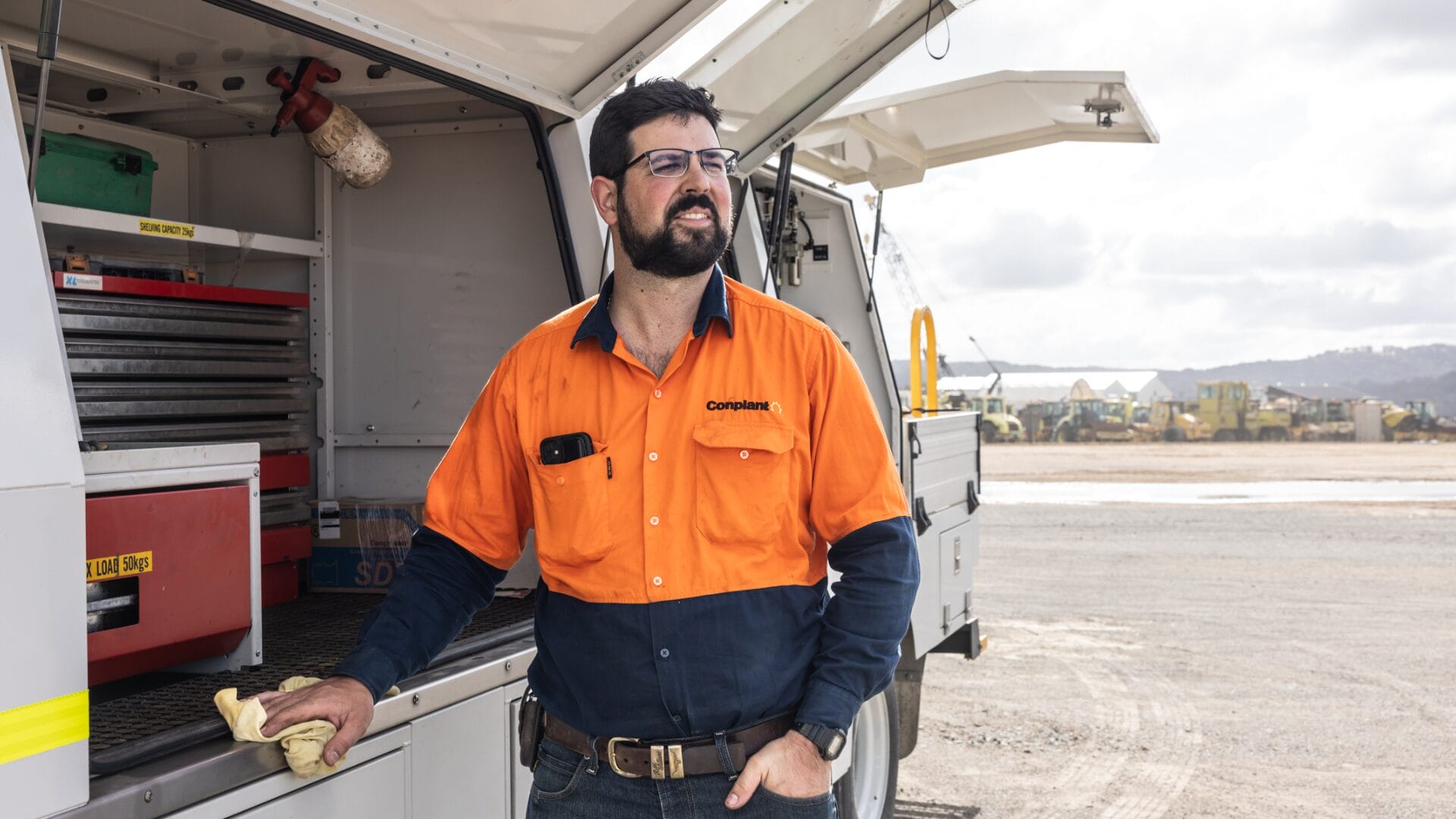How to Improve Construction Project Management
Good construction project management in Australia is like conducting a symphony: timelines, budgets, people, equipment, and weather must all work in harmony. When even one part drifts off-beat, delays and extra costs follow. Australia’s workload underscores the risk – by August 2023, the national construction “to-do” pipeline had reached a record A$224 billion. Industry research adds context:
- Roughly 10% of Australia’s GDP comes from the building and construction sector (ACIF).
- Only 50% of project owners hit their completion deadlines (KPMG).
- 74% of large, technically complex projects finish over schedule or budget (CIS).
With stakes this high, every construction project manager needs a repeatable playbook for keeping schedules tight and costs contained. The guidance and tips below, drawn from Australian data and best practice, will help you manage your next build more effectively.
Contents:
What does good construction project management in Australia look like?
The importance of site preparation
What does good construction project management in Australia look like?
Successful projects share 4 basic requirements:
- In-depth planning. Scope, timeline, budget, and quality benchmarks are clearly defined before work begins.
- Reliable data and software. Cloud-based construction management software gives live dashboards of cost, schedule, and progress documentation.
- Skilled, communicative teams. Roles and responsibilities are understood, and information flows freely among the site crew, subcontractors, and stakeholders.
- Proactive risk control. Safety hazards, weather disruptions, supply shortages, and cost spikes are anticipated and mitigated early.
When these pillars are in place, progress feels smooth and almost invisible. When they are missing, problems surface quickly and publicly.
The importance of site preparation
Site preparation lays the literal foundation for the whole build. Clearing, grading, and soil testing create a level, stable platform for machinery, vehicles, and workers. Skipping a geotechnical check or cutting corners on compaction can trigger settlement, cracked slabs, or costly stoppages later in the construction process. In short: prepare thoroughly now, or pay dearly later.
The role of rollers
Compaction rollers are indispensable on any construction site. They densify soil, asphalt, and aggregate so the ground can safely bear structural loads. On tight residential blocks, plate compactors or rammers may suffice; large infrastructure jobs demand a full fleet. At Conplant, you can hire rollers, excavators, or site dumpers for delivery nationwide.
Need brand-new gear instead? Browse our sales range.
8 tips for construction project management
- Clear project planning and documentation
ABS data shows that projects with well-documented plans are 25% more likely to stay on budget. Draft a detailed scope, baseline schedule, procurement plan, and cost estimate before breaking ground, and update them as the build evolves. - Use construction management software
A survey by the Australian Construction Industry Forum found that 67% of site managers believe cloud software boosts efficiency. Platforms such as Procore or Buildertrend centralise drawings, RFIs, daily diaries, and cost reports, giving everyone, from foreman to owner, real-time visibility. - Proactive risk management
Master Builders Australia reports 65% of projects face unexpected risks. Identify hazards early (safety, environmental, equipment failure, supply chain), assign likelihood and impact scores, and implement controls before work starts. Review and refresh risk registers throughout the construction phase. - Skilled workforce management
The construction industry employs more than 1.2 million Australians. Screening, onboarding, and upskilling workers protect quality and safety. Maintain open communication on site, reinforce procedures, and recognise good performance to keep morale and productivity high. - Environmental considerations
Green Building Council figures show 23% of new Australian projects follow green-building standards. Staying current with local regulations, recycling mandates, and carbon-reduction targets not only keeps you compliant but can also unlock planning approvals and client goodwill. - Cost control
ABS statistics reveal cost overruns in 23% of Australian projects (far higher for megaprojects). This can often be influenced by political interests, with projects fast-tracked before they’re ready. In this scenario, there’s an increased risk of projects being poorly defined and planned as a result. This, in turn, leads to further project management challenges as goalposts move and timelines squeeze.
Track earned value, monitor subcontractor claims, and compare actual spend with budget every week. Timely variance analysis lets you correct course before overruns snowball.
- Collaboration and communication
PwC research reports that 86% of industry professionals link collaboration to better outcomes. Establish clear channels, daily briefings, shared cloud folders, weekly stakeholder calls, and resolve issues promptly while they are still inexpensive to fix. - Equipment and resource management
Equipment is the key to efficient output on any worksite, especially in large infrastructure projects. Machines drive productivity, so keep them reliable: schedule preventative maintenance and log utilisation hours. If a roller or excavator is due for service, book it in here to avoid unplanned stoppages.
Summary
Effective construction project management in Australia is a balancing act of planning, technology, cost control, risk mitigation, environmental stewardship, and people leadership. By maintaining 360-degree oversight and reacting quickly to change, you improve your odds of delivering a high-quality build on time and on budget. Ready to strengthen your fleet or get expert advice? Contact the Conplant team.
Frequently Asked Questions
The core principles are (1) comprehensive planning, (2) resource management, (3) realistic scheduling, (4) proactive risk mitigation, and (5) disciplined cost control. Together, they provide a framework for delivering projects safely, on time, and within budget.
Start with a detailed project plan, then use cloud-based construction software for live tracking of cost and schedule. Assemble a skilled team, communicate clearly, review risks weekly, and adjust resources quickly when conditions change. Continuous monitoring and early intervention are the hallmarks of effective construction project management.



